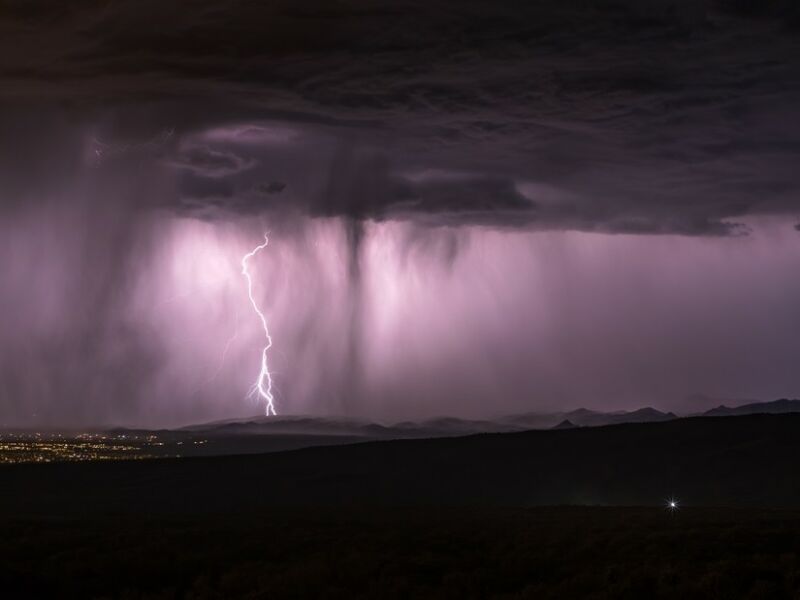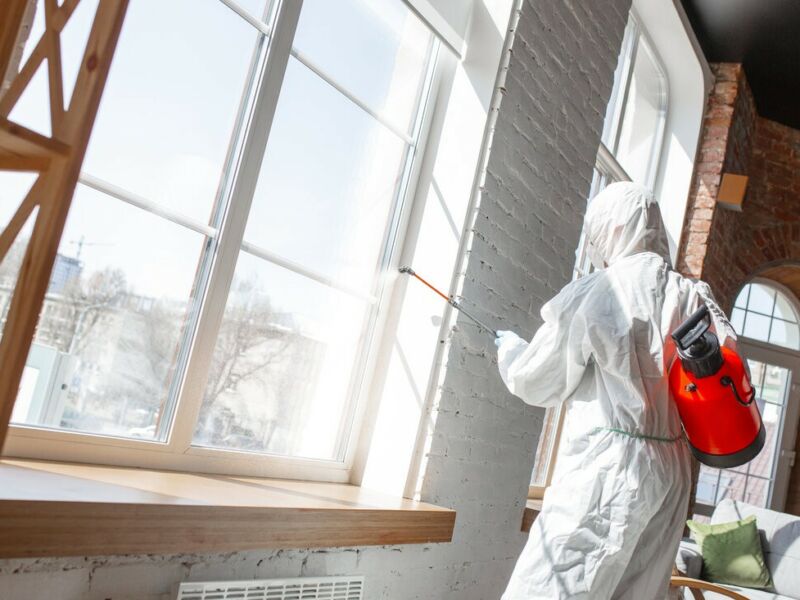
Introduction
Water damage can be a significant problem for homeowners and businesses alike. Whether it’s due to flooding, leaks, or plumbing issues, water damage can cause extensive and costly damage if not addressed promptly. In this article, we will explore the key techniques and strategies for repairing water damage, including prevention methods and the restoration process.
The Importance of Water Damage Repair

Water damage can lead to various issues, such as structural damage, mold growth, and damage to personal belongings. It’s crucial to address water damage promptly to prevent further deterioration and minimize repair costs. Ignoring water damage can result in more extensive and expensive repairs down the line.
Key Techniques for Repairing Water Damage
When it comes to repairing water damage, several key techniques are commonly employed:
1. Water Extraction
The first step in repairing water damage is to extract the standing water from the affected area. Professional water restoration companies use specialized equipment, such as pumps and vacuums, to remove the water efficiently. This step is essential to prevent further damage and facilitate the drying process.

2. Drying and Dehumidification
After extracting the water, the affected area needs to be thoroughly dried to prevent mold growth and further structural damage. High-powered drying equipment, such as industrial air movers and dehumidifiers, are used to remove excess moisture from the air and surfaces.
3. Salvaging and Cleaning
Once the area is thoroughly dried, salvageable items, such as furniture and personal belongings, are carefully assessed, cleaned, and restored if possible. Non-salvageable items are discarded following proper disposal procedures.
4. Mold Remediation
In cases where mold growth has occurred due to water damage, mold remediation techniques may be necessary. This process involves identifying and removing mold colonies, treating affected surfaces, and implementing preventive measures to inhibit future mold growth.
5. Structural Repairs
If the water damage has caused structural issues, such as weakened walls or floors, repairs need to be carried out. This may involve replacing damaged materials, reinforcing structures, and ensuring the structural integrity of the affected area.
Preventing Further Water Damage
Prevention is key when it comes to water damage. By taking proactive measures, you can reduce the risk of water damage and minimize potential repairs. Here are some strategies to prevent further water damage:
1. Regular Maintenance
Regularly inspect your property for leaks, drips, or other signs of water damage. Address any plumbing issues promptly and fix leaks to prevent further damage.
2. Proper Drainage
Ensure that your property’s drainage systems, such as gutters and downspouts, are functioning correctly. Clear any clogs or debris to prevent water from accumulating around the foundation.
3. Sump Pump Installation
If you live in an area prone to flooding or have a basement, consider installing a sump pump. A sump pump helps remove excess water and prevents flooding in basements or crawl spaces.
4. Proper Insulation
Properly insulate your pipes and water supply lines to prevent freezing and bursting during colder months. Frozen or burst pipes can cause significant water damage if not addressed promptly.
5. Adequate Ventilation
Ensure that areas prone to moisture, such as bathrooms and kitchens, have proper ventilation. Proper ventilation can help reduce humidity levels and prevent moisture buildup, which can lead to mold growth and water damage.
Frequently Asked Questions
How can I prevent water damage in my home?
What should I do if I have water damage in my home?
Important Facts and Statistics about Water Damage
Understanding the scope and impact of water damage can shed light on the importance of addressing and preventing it. Here are some important facts and statistics:
- 10% of households waste over 90 gallons of water each day through minor leaks and drips. Fixing these drips can represent an average of 10% savings on your water bill. (Source: Water Damage Statistics – Water Damage Restoration Industry Data)
- Homes in the United States leak over one trillion gallons of water every year. (Source: Water Damage Statistics – Water Damage Restoration Industry Data)
- Water damage affects around 14,000 people in the U.S. On a percentage basis, this translates to 1.6% of homes nationwide that will experience water damage in any given year. (Source: Water Damage Statistics (2023) – RubyHome.com)
By understanding the risks and taking preventative measures, you can protect your property from water damage and minimize potential losses.
Further Resources
For more information about water damage restoration, consider exploring the following resources:
- Water Damage Restoration Collection Articles
- The Best Water Damage Restoration Services of 2023
- Water and Flood Damage Cleanup Guide
- Water Damage Restoration and Flood Cleanup
- Best Water Damage Restoration Services of 2023
- Tips and Tricks for DIY Water Damage Cleanup
Exploring these resources can provide further insight into water damage restoration, maintenance tips, and professional services.
If you require professional water damage restoration services in Las Vegas, contact JGW Group Water Damage Restoration Las Vegas at 725-240-0640 to get immediate assistance.


